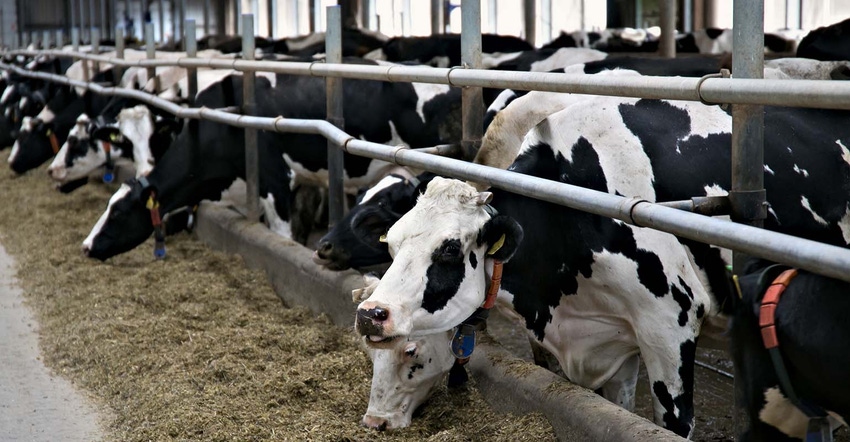
The United States Court of Appeals for the 9th Circuit, if you can believe it, upheld key portions of Idaho’s statute “Interference with Agricultural Production Law”. The Act was passed by the Idaho legislature after an animal rights group filmed operations at an Idaho dairy and a video of the brutality of the operation went live on the internet. The Idaho legislature passed a statute which targeted undercover operations against agricultural sites such as dairies.
The statute criminalized making misrepresentations to access agricultural operations as well as making audio and video recordings of an owner’s facility. The opinion noted that investigative journalism has been a fixture in the American press since the early 1900s. The book The Jungle by Upton Sinclair spot- lighted the abuses in the meatpacking industry in Chicago and was used as an example of investigative journalism which is protected by the Constitution’s First Amendment.
The video itself was disturbing because it showed dairy workers dragging a cow across the ground by a chain attached to her neck (some believe this video was staged). The Court noted this case presents the divide between “journalists,” First Amendment rights to engage in investigative undercover efforts and Idaho’s strong desire to protect privacy and property rights for agriculture.
Going undercover
In 2012, an animal rights activist went undercover at an Idaho dairy farm to secretly film alleged animal abuse. After seeing the video, the dairy farm owner did fire the abusive employees and one employee was convicted for animal cruelty. Subsequently the Idaho legislature enacted the statute which criminalized interfering with Idaho’s agricultural producers.
Specifically Idaho made it a crime for a person to interfere with agricultural production if the person knowingly:
Is not employed by an agricultural production facility and enters an agricultural facility by force, threat, misrepresentation or trespass;
Obtains records of an agricultural facility by force, threat, misrepresentation or trespass;
Obtains employment with an agricultural facility by force, threat, or misrepresentation with the intent to cause economic or other injury to the facility’s operations, livestock, crops, owners, personnel, equipment, buildings, premises, business interests or customers;
Enters an agricultural production facility that is not open to the public and, without the facility owner’s express consent or pursuant to judicial process or statutory authorization, makes audio or video recordings of the conduct of an agricultural production facility’s operations[.]”
Interference with agricultural production under this statute is a misdemeanor and can be used to punish a person with one year in prison and a $5,000 fine.
The other critical part of this statute is if a person is convicted of this crime, he or she “…pay restitution to the victim in an amount of twice the damage resulting in violation of the statute…this damages payment includes a victim’s economic loss[es].”
The first three sections of Idaho’s Act criminalize misrepresentation to gain entry. The Ninth Circuit, in analyzing this portion of the Act, declares that false statements or lies are protected by the First Amendment. The big news in this decision is that lies or false speech can be “criminalized” if made “for the purpose of managerial gain or material advantage or if such speech inflicts a legally cognizable harm.” So, even the Ninth Circuit declares you can lie but you cannot do it if you are seeking to inflict harm on a farmer and his operation. The Court further declares that criminal falsehoods causing harm will require proof of specific or tangible harm.
The Court believes that some lies do not inflict any material or legal harm. It relies on a statement from Supreme Court Justice Stephen Breyer that we do not want false statements to give the government the power to prosecute falsehoods. As noted, the government could use that weapon selectively against individuals, and that would not be good.
Subsection (b) of the statute, which discusses obtaining records of the facility through misrepresentation, is recognized as a legally cognizable harm tied to a lie or falsehood. Conduct such as obtaining records is an act to harm another’s personal property. The obtaining of records may bestow material gain on the liar.
Subsection (c) involved gaining employment by misrepresentation. This is another win for Idaho because the Alvarez Supreme Court decision makes it clear where false claims are made to obtain offers of employment, this speech or lie is not protected speech under the First Amendment.
Finally, the Court did say that making audio or video recordings of conduct in an agricultural production facility is protected by the First Amendment. Idaho’s legislature deserves huge credit for finally securing legislation which provides some protection for agricultural operations.
The opinions of the author are not necessarily those of Farm Futures or Farm Progress.
About the Author(s)
You May Also Like




